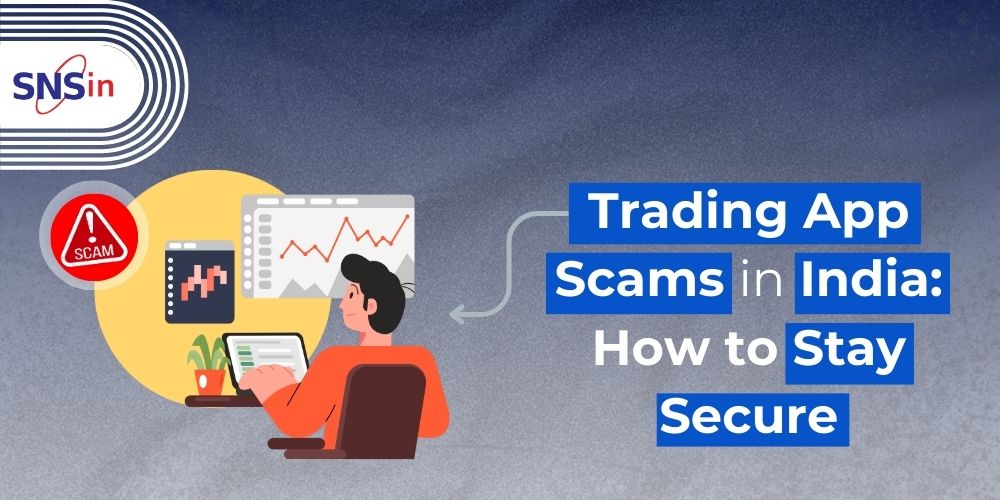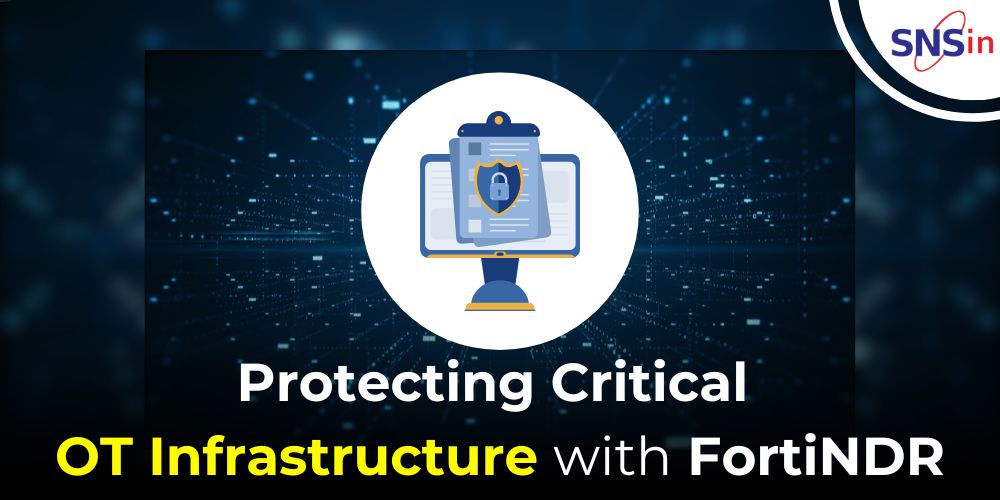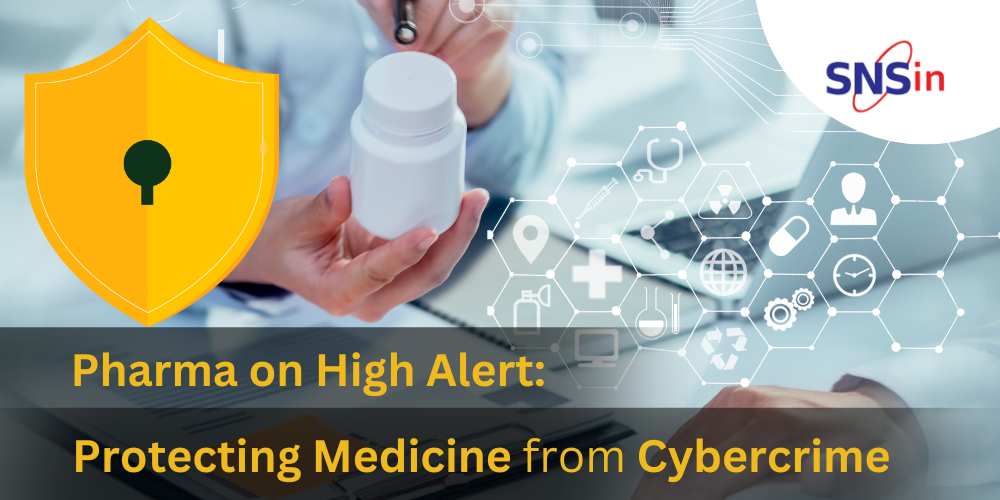Usage of IT is on the rise. Privacy and security problems is more relevant than ever before. Cybercrime is prevalent, and people have confided their private information over the Internet. VPNs have emerged as a natural protection against this predicament.
Although this assertion might not be an easy one to defend because there are many variables to consider during the decision-making process.
We will highlight the merits and demerits of VPNs in this blog.
What is a VPN?
To start off with the arguments & counterarguments of VPN, it would be better to define what a VPN is and how it actually works.
VPN is a tool that provides comprehensive encryption and secure connections between users and the internet. It allows data transmission with complete security. Using a remote server operated by the VPN service provider, VPN creates a tunnel that routes your internet traffic through the VPN provider and encrypts your information, making it harder for cybercriminals to identify and track your online activities.
Usage of VPN – Pros
Enhanced Privacy
Privacy protections is one of the most important benefits of using a VPN, which is privacy enhancement. Through cryptographic methods to secure your traffic and replacing your IP with a randomized one, the VPN safeguards your web privacy from the sight of your internet service provider (ISP), government agencies, or hackers, among others.
Improved Security
The VPNs provide protection to your internet connections, especially if you connect Wi-Fi using public networks. VPN encryption prevents the cybercriminals not only from viewing your usernames, credit card numbers, or personal emails but also from getting your personally identifiable data.
Bypass Geo-Restrictions
VPNs are the most convenient way out if you cannot watch the content located abroad. Whatever place you are in and whatever content you need to access, a VPN can be a perfect choice to access abundant content choices.
Secure Remote Access
For businesses, VPNs offer a reliable and secure environment where remote employees can access their network regardless of their location. This is even more critical in the current remote work setup, where employees may be working from their own homes or traveling often.
Anonymous Browsing
Through masking your IP as well as encrypting the data you send, a VPN lets you surf the net anonymously. So your self-identity and online activities are not traceable.
Usage of VPN – Cons
Decreased Internet Speed
The slowdown of the internet speed has been noted as one of the most significant weaknesses of the VPN. Since all your data is routed through a remote server, it can take much longer for websites to load and for files to download as compared to a fast connection.
Cost
Despite an abundance of free VPN services, most trustworthy VPN providers charge a fee for their services. The amount of fees charged by these subscription providers may change depending on the features offered, and this may not be affordable for everyone.
Limited Server Locations
Free VPN services have a limited number of server locations you can use, and thereby, you may be restricted from bypassing the geo-restrictions and getting access to content from different regions. Furthermore, some VPN providers may put bandwidth limits or data caps on their free accounts.
Trust Issues
You are delegating your data to your VPN provider when you use VPN. It is crucial to select a reliable source that has a reputation for safeguarding users’ privacy and security. Still, not every VPN is created the same way, and there have been some VPNs that invade users’ privacy by logging data or doing other suspicious acts.
Potential Legality Issues
While VPN itself is generally legal in the majority of countries, there could still be legal consequences when a user employs a VPN to circumvent geo-restrictions or illegally access copyrighted materials. It is very important to understand and exercise caution under the law within your country when you intend to use a VPN for such.
Conclusion
The use of the VPN service depends on your specific requirements and expectations. In spite of many VPN advantages like improved privacy, security, and access to geo-blocked content, there are still some disadvantages, such as slower internet speed, cost, and a possible lack of trust.
You should analyse the advantages and disadvantages of VPN as per your budget, internet usage habits, and the amount of secrecy and safety you will need. Moreover, it’s very important to select a trustworthy VPN supplier with clear privacy policies and reliable data safety. In the end, you can enjoy a safe and more secure online experience with the right VPN and careful measures.
If you are looking for Endpoint Security Solutions or other advanced security solutions, then reach out to us at [email protected]
Swathi
Author
Working IT professional and a Cyber Security enthusiast. Passionate to write about Cyber Security topics and Solutions. I share my insights as I study articles and trending topics in the field of Cyber Security.
![]()




